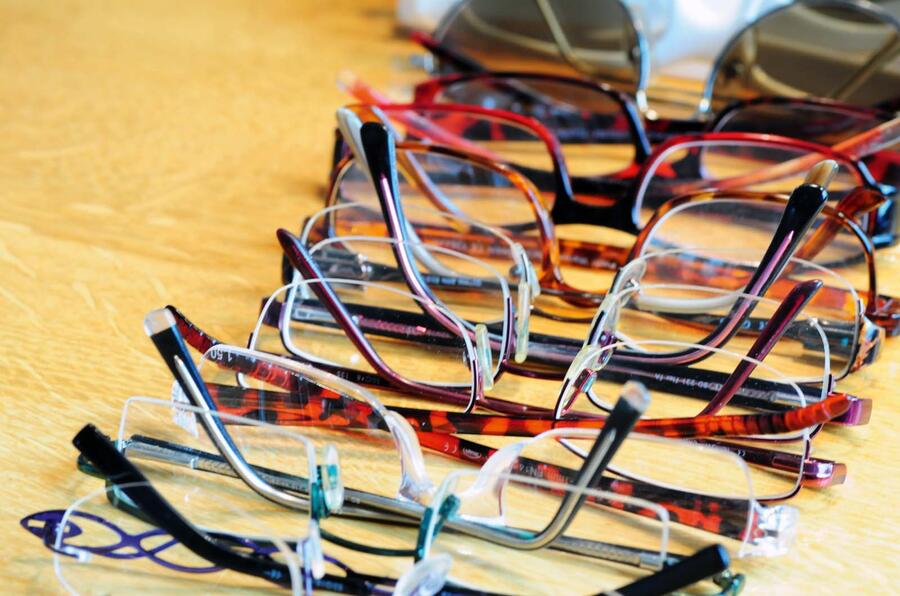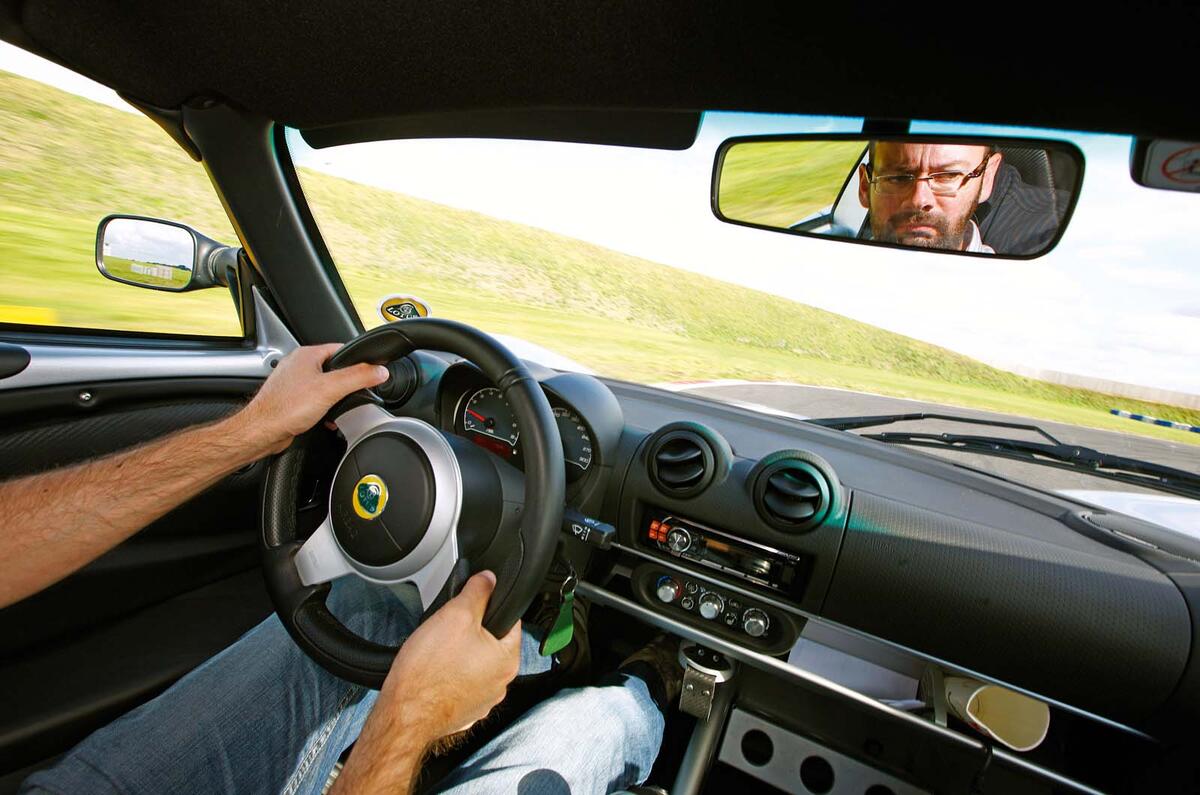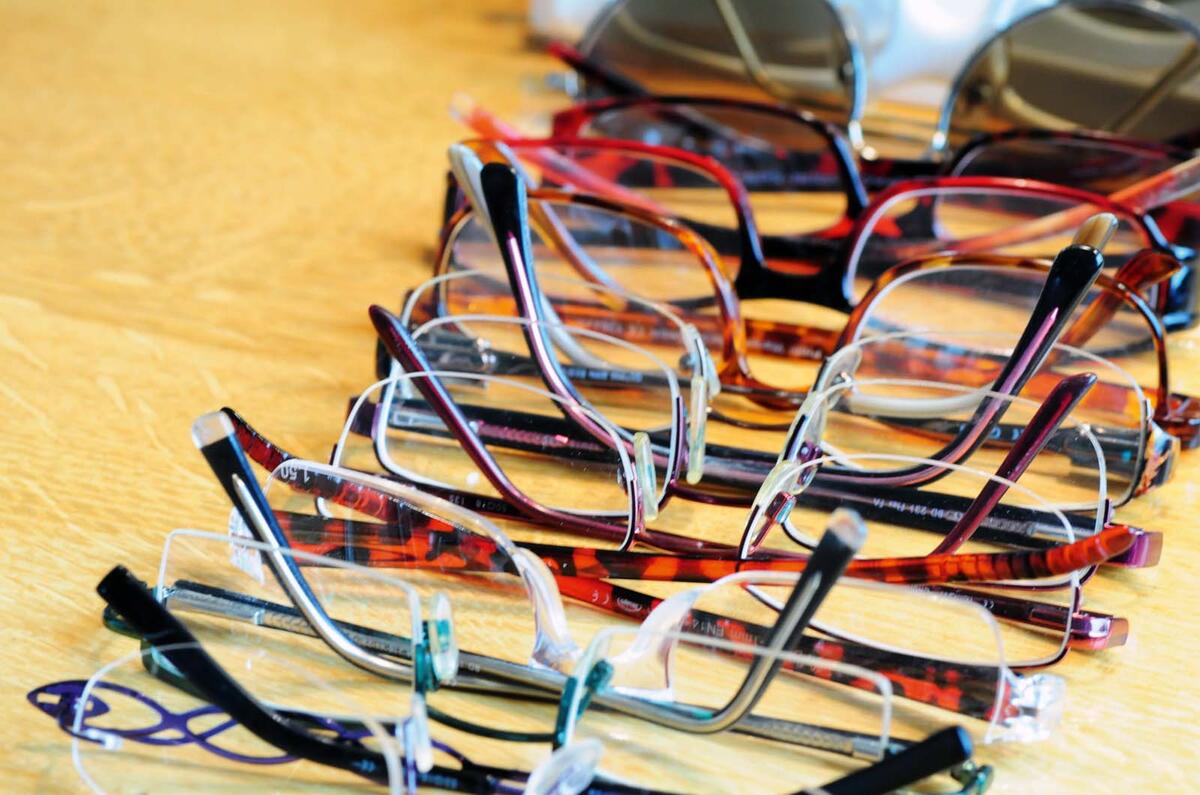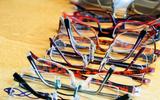When you’re a young lad, glasses make you look studious and add a few points to your perceived IQ. For the past few decades, I’ve rather liked wearing them: they’re part of the facial furniture to the extent that without them I look like a panda with no black fur around his eyes.
Recently, though, I told my optician that I’d started raising my glasses and using the naked eye for very close work: to read whether he was serious about the price of frames, for example.
He asked how old I was, and I mumbled something about definitely not yet being middle aged, at which point he introduced me to a condition called presbyopia.
Presbyopia is a stiffening of the eye lens, which makes it harder to shift focus, or perhaps prevents many from focusing on close things at all; which is why people with previously good vision start needing reading glasses.
It usually sets in somewhere around 40-ish and, somewhat uncheeringly, it’s not muscular, so unlike other middle-aged conditions, it can’t be helped by getting more exercise or buying a Porsche.
It is a problem, whether you’re just straining to read a text or if your eyes are a performance component of your job. Earlier this year, I asked former Formula 1 and sports car driver Mark Webber how much slower he’d be in an F1 car now than when he was racing F1 full time. He said he’d probably be one second or more off the pace, which might have been modesty, but “it’s the eyes, mate” was his primary reasoning.

There are no exercises you can do to prevent or delay presbyopia. It’s a natural part of ageing and there is no cure for it. My optician suggested, though, that varifocal-lensed glasses are a way around it.
The idea behind varifocals is simple: at the top of the lens, long-distance vision is corrected. Near the bottom of the lens, close vision is corrected. Your eyes look down to read, up to see distance. Sorted.
The compromise is that near the edges, they don’t quite correct either. The better (read: more expensive) the lens, the better the edges, but it still pays to point your nose towards what you want to look at to see things truly clearly. Which, if you’re pulling out of a junction when driving, to me felt anything between quietly irritating and slightly dangerous. So I’ve gone back to my old lenses, given that I don’t want to feel the remotest bit unsafe or uncertain when driving.










Join the debate
Add your comment
glasses
I've been wearing specs since I was 7.I couldn't find a car,let alone drive one without them! I think eye tests shuould be mandatory and regular.Unfortunately ,our skint NHS insists that those under 60 have to pay:through the nose at some opticians.Varifocals keep me driving,after discovering that I couldn't read the instruments clearly in a Golf TDI(apparently the red/blue scheme was about the worst for a lens-different foal lengths). If need glasses,wear them. Unlike the clown in a Porsche Cayenne who forced me off the road in Stamford Bridge on Sunday.If you're reading this,my car is bright red and it has just cost this pensioner £110 for a new tyre!
just eyesight?
Not only their vision checked Matt, we all should have to sit a driving test at least every 5yrs.
Balance of risk
It's certainly true that eyesight deteriorates with age and not all of it is correctable with glasses - night vision deteriorates and blind spots we are unaware of can also develop. But then hearing also gets worse, reaction times slow etc.
But offfsetting all this is comes greater experience and more caution. So by and large we adapt to our deteriorating condition with the result that the level of risk remains more or less constant.
More frequent eyesight tests would undoubtedly be a good thing, but then maybe it is our general driving competence that really needs examination as we get older.
Eyesight tests...
Here in the UK it’s every two years, it’s not mandatory, but, if you do get stopped for whatever, you might get sight checked there and then, and once you’ve had an Eyetest usually your sent a reminder in the Post when your due for a Test, so, if you do get pulled up by the Law and your Eyesight is proved dodgy, you might get a fine or worse, lose your License....!